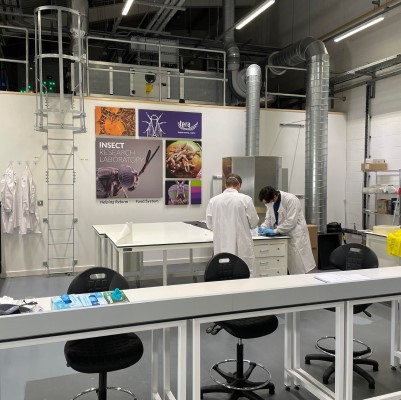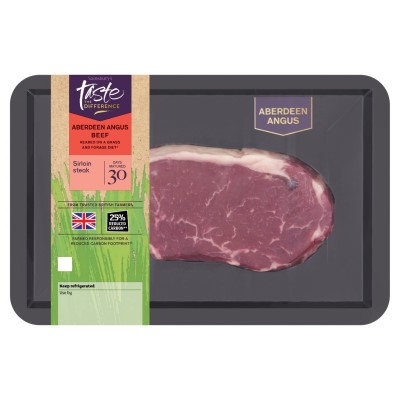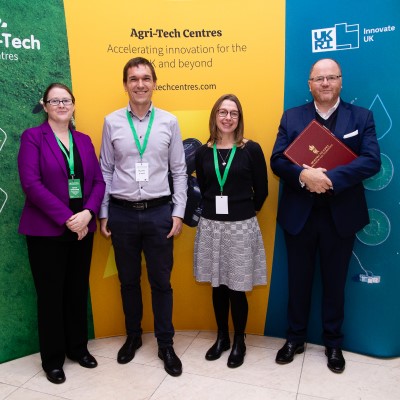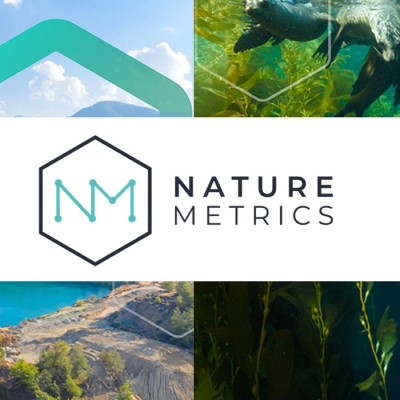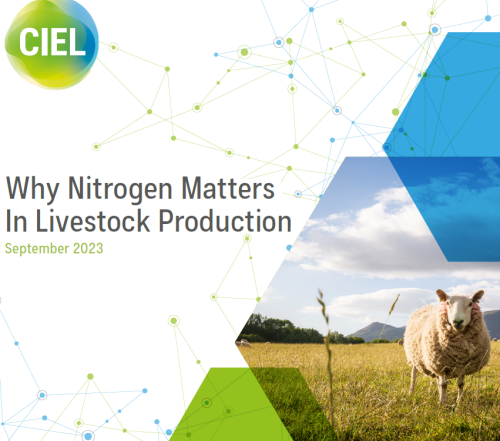CIEL | News: Insect Bioconversion research boosted by investment from Fera Science Ltd
The £1 million specialist insect research laboratory created by agri-food and environmental science company Fera Science Ltd in York is now fully operational. Led and run by an expert and fully experienced team, the new laboratory unit provides facilities at scale for testing and validating the use of Insect Bioconversion to upcycle biomass residues.
Insect Bioconversion is the process by which insects – including black soldier fly (BSF) and yellow mealworm – are bred and reared on a range of waste substrates. The volume of waste is reduced by between 50 and 75% during the IB process.
The larvae produced are harvested when fully grown to provide high quality, safe protein for use as an alternative livestock feed for aquaculture, poultry, and pigs. Additional high value products including chitin, oils and antimicrobials are also reclaimed from the larvae of BSF. The waste substrate following the rearing process – known as frass – is increasingly being recognised through research and utilisation across agriculture and horticulture as a valuable soil improver, additionally increasing plant resilience against common and costly diseases.
Currently, only vegetal matter, residue from fruit and vegetable processing and non-animal containing by-products of food processing from brewing, bakery, breakfast cereal and confectionary are allowed to be used in the IB process. But that could all change as research gets under way at Fera’s Insect Research Laboratory, commissioned by the Food Standards Agency, to investigate the safety of a wider range of waste substrates, including mixed food waste.
Dr Maureen Wakefield, Principal Scientist & Project Lead of Fera’s Insect Research Laboratory explains:
“The team here at Fera’s Insect Research Laboratory is very pleased to be working on the FSA research project with our industry and academic partners. The research will provide evidence as to whether widely available food waste and other substrates are safe and suitable to be used for insect bioconversion. If more substrates are proven to be safe and can be added to the legally permitted list, there is the potential to drive up the use of insects at scale.”
To help ensure that more sectors and businesses are aware about the current and future potential of IB to help manage waste streams in commercial and environmentally beneficial ways, Fera’s Insect Services are providing a series of free webinars, the next on 24 May 2023, focussed on the petfood and insect protein sectors. Sign up here for further information.
